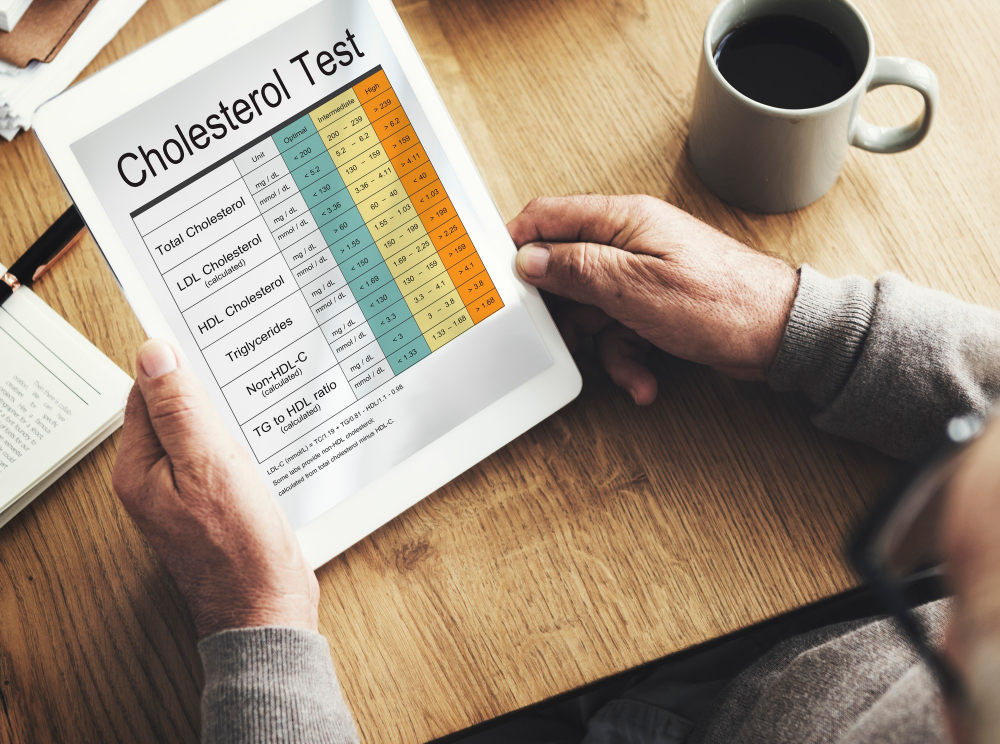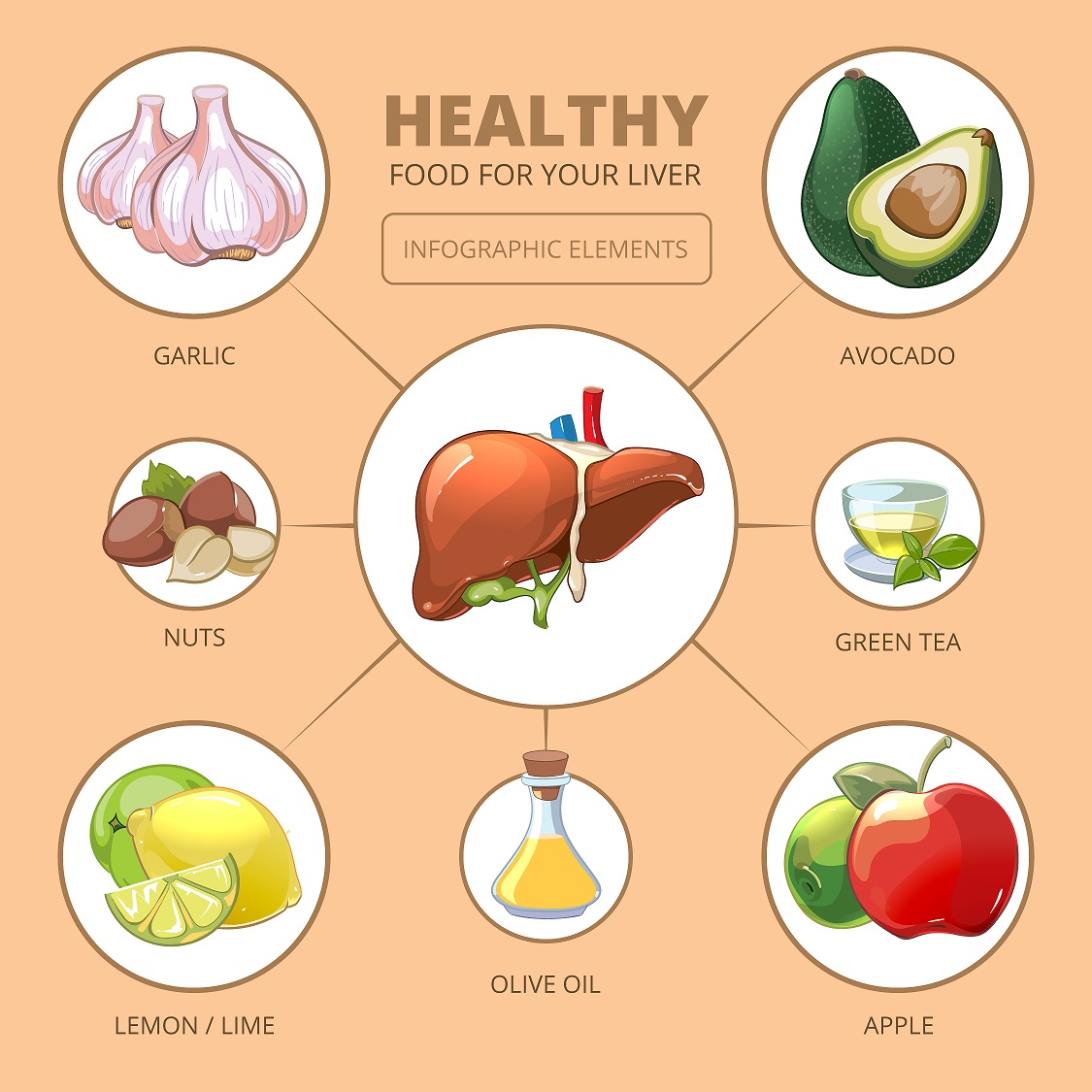Avocados are known for their creamy, rich texture and savory taste, but can they actually be beneficial to your health? Recent studies have suggested that adding avocados to your diet can help to lower cholesterol levels. But what does the evidence really say?
In this in-depth analysis, we’ll look at the scientific evidence to see if eating avocados really can help lower cholesterol levels. We’ll consider the research on how avocados can help reduce cholesterol, and how to get the most out of an avocado-rich diet.
We’ll also discuss the possible risks and side effects of consuming too much avocado. By the end of this article, you’ll have a better understanding of the potential health benefits of avocados, and how to safely incorporate them into your diet.

What is Cholesterol?
Cholesterol is a waxy substance found in all living organisms, and plays an important role in our health. It’s a major component of cell walls, and is also used to make hormones and vitamin D. In order for our bodies to produce cholesterol, we need certain vitamins and minerals, including B-vitamins, iron, vitamin D, and zinc.
The liver produces most of the cholesterol in our bodies, and some is also obtained from our diets. A person’s cholesterol levels are measured in milligrams per deciliter (mg/dL). Having high cholesterol can increase your risk of heart disease, the number one cause of death in the U.S.

How do avocados help lower cholesterol?
Avocados contain a number of nutrients that have been shown to reduce cholesterol levels. These include monounsaturated fatty acids (MUFAs), fibre, and prebiotics. Avocados are high in monounsaturated fatty acids (MUFAs), which have been shown to help lower cholesterol levels.
MUFAs have also been associated with a reduced risk of heart disease, and improved insulin sensitivity. Avocados are high in fibre, which can help to lower cholesterol levels by reducing the absorption of cholesterol from the digestive tract.
Additionally, fibre can help to ensure that the cholesterol that is absorbed is broken down more slowly by the body, which can reduce cholesterol levels. Avocados also contain prebiotics, which have been shown to reduce cholesterol levels as well as blood pressure.
What is the evidence that avocados can lower cholesterol?
Avocados are a nutrient-dense food, meaning that they contain many vitamins and minerals, as well as monounsaturated fats. For this reason, avocados have been studied for their potential cholesterol-lowering properties.
A number of studies have shown that avocados can lower cholesterol levels, as well as other blood lipids. A 2013 study found that daily avocado intake led to significant reductions in total cholesterol, LDL cholesterol, and insulin in overweight adults. Another study, published in 2017, also found that daily avocado intake led to significant reductions in cholesterol in healthy adults.
These results were comparable to those achieved with statin drugs, which are often prescribed to individuals with high cholesterol.

Nutrition values of Avacodos
Avocados are one of the most beloved fruits in the world, and for good reason. They are rich in nutrition values, making them a great choice for anyone looking to improve their health. Not only are avocados packed with essential minerals and vitamins, but they are also loaded with healthy fats and fiber, making them a great addition to any diet.
Avocados are a great source of monounsaturated fat, with one avocado containing about 20 grams of fat. This type of fat is beneficial for heart health, as it helps to reduce levels of bad cholesterol in the body. Avocados also contain a significant amount of vitamin E, which is an antioxidant that helps to protect cells from damage. Avocados are also an excellent source of dietary fiber, with one avocado providing about 10 grams of fiber.
This helps to keep the digestive system healthy, while also helping to reduce cholesterol levels. Fiber is also important for maintaining blood sugar levels and helping to reduce cravings. Avocados are also excellent sources of potassium.
One avocado provides close to 1000 milligrams of potassium, which plays an important role in maintaining healthy blood pressure levels. Potassium also helps to reduce the risk of heart disease and stroke.
Finally, avocados are rich in minerals such as magnesium, copper, and zinc. These minerals are essential for healthy bones, teeth, and skin. Avocados are also high in folate, which is an important nutrient for pregnant women. All in all, avocados are a great source of nutrition values and should be included in any healthy diet.
What is the recommended daily intake of avocados?
There is no recommended daily intake for avocados, as there is currently no evidence that eating avocados is beneficial for your health. Avocados do contain a number of beneficial nutrients, but we don’t know if eating them will have any long-term health benefits.
It’s possible that eating avocados could lead to reduced cholesterol levels, but there’s not enough evidence to say for certain. More evidence is needed to confirm that avocados can lower cholesterol levels and reduce the risk of heart disease in the long-term.

Side effects of Avocados
Avocados are a nutritious and delicious superfood that can be enjoyed as part of a healthy diet, but they can also have some side effects that you should be aware of. The side effects of avocados vary from person to person and depend on how much you consume.
The most common side effect of avocados is increased flatulence and bloating. This is because avocados are high in fiber, which can cause gas and bloating in some individuals. To reduce the risk of these side effects, it is best to start with smaller amounts of avocados and gradually increase your intake over time.
Another potential side effect of avocados is an allergic reaction. People who are allergic to tree nuts, such as almonds, are more likely to experience an allergic reaction to avocados. Symptoms of an allergic reaction include hives, rash, swelling, wheezing, and difficulty breathing. If you experience any of these side effects after consuming avocados, seek medical attention immediately.
Avocados are also high in fat, so consuming too much can lead to weight gain. To avoid this side effect, it is important to stick to the recommended serving size of one-half to one whole avocado per day. Eating more than this can lead to weight gain and other health issues.
Lastly, avocados can interact with certain medications and supplements. Avocado oil, for example, can interfere with the absorption of certain medications, so it is important to talk to your doctor before taking any medications or supplements that contain avocado oil.
Additionally, if you are taking certain blood pressure medications, avocados can cause a drop in blood pressure levels. In conclusion, avocados can have some side effects, but they can be avoided by following the recommended serving size and talking to your doctor before taking any medications or supplements that contain avocado oil.
Avocados are a nutritious and delicious superfood, and with the right precautions, you can enjoy them as part of a healthy diet.
What are the possible risks of consuming too much avocado?
Very little research has been done on the potential risks of consuming too much avocado. While avocados are generally considered to be a healthy food, particularly when compared to other high-fat foods, they do contain a significant amount of calories from fat.
A single avocado contains approximately 250 calories and 15 grams of fat. For reference, a typical cheeseburger contains about 500 calories and 30 grams of fat. So while avocados are certainly a healthy food, they shouldn’t be consumed in excessive amounts.
Consuming too many calories from fat can lead to unwanted weight gain, which can increase your risk of obesity and related health conditions.

What are some easy ways to add avocados to your diet?
Avocados are most commonly used in savory dishes, but they can be used in sweet desserts as well. They can be found in everything from salads to sandwiches, guacamole, and more. You can also use avocado in baking, or mash it up and use it as a creamy salad dressing.
Avocados are an easy addition to any diet, and can be used in a variety of different dishes. They’re also a quick, easy way to add healthy nutrients to your diet, regardless of your current health.
Conclusion
Cholesterol is an important compound in our bodies, and a high cholesterol level doesn’t necessarily mean that you have a high risk of developing heart disease. It’s possible to have a high cholesterol level, but a low heart disease risk.
More research is needed to determine if avocados can be beneficial for people with high cholesterol, but they do appear to have potential. Avocados contain a number of nutrients that have been linked to reduced cholesterol levels, including monounsaturated fats and fibre.
At this time, there is no recommended daily intake of avocados, and more research is needed to determine their long-term health benefits. However, they are an easy way to add more nutrients to your diet, and are delicious in a variety of dishes.
















